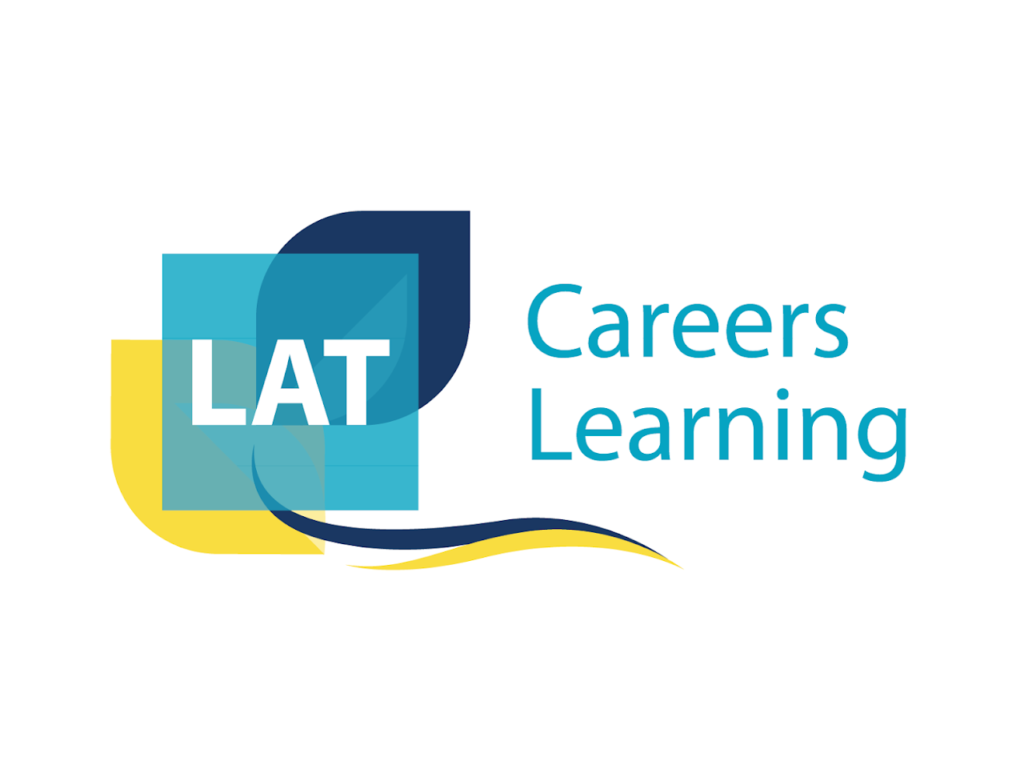During Year 9 you will be required to choose your GCSE options.
- You will study a combination of compulsory core and optional subjects; the range of subjects on offer may be different at each academy.
- Your academy will provide you with information regarding the subjects that are on offer.
- You will study between seven and nine subjects, depending on the academy they attend.
Compulsory subjects
- English language
- English literature
- Mathematics
- Science
Choosing Year 9 options takes place at different times of the academic year, depending on the academy you attend. More detailed information regarding the Year 9 Options process can be found on your academy website.
Support during the options process
Each academy offers tailored support with the GCSE options process. This may include clarity around the varied subjects areas, gaining a deeper understanding of the subjects you can study or decisions and guidance on how to choose options.
Support and careers advice will be made available, which will vary from one academy to another. This may include:
- Options Evening
- Options Assembly
- Group Workshops
- Careers Guidance (upon request)
You can get in touch directly with your academy’s careers adviser for guidance, via the academy’s website or by speaking to a relevant member of staff.
How to choose your options
- Attend your GCSE Options Evening.
- Look out for information about which subjects are on offer at your academy.
- Speak to the subject teachers during your visit on Options Evening.
- Speak with the Careers Advisor during Options Evening.
- Ensure that you understand how the subjects are assessed, as certain subjects are more coursework based.
Follow the links below for more information and guidance.
Things to consider
- Look through all the GCSE Options information and list of subjects.
- Seek support to help with decisions.
- Attend the Options Evening to gain a better understanding of how subjects are assessed and how they are taught.
- Choose subjects that interest them most.
- Do not not choose a subject based on your teacher or what your friends are choosing.
- Consider a variety of subjects.
- Think about and discuss future career ideas.
- Speak to your teachers and ask questions.
- If you would like further advice and guidance, speak to your teacher who can arrange for you to speak to a careers advisor.


